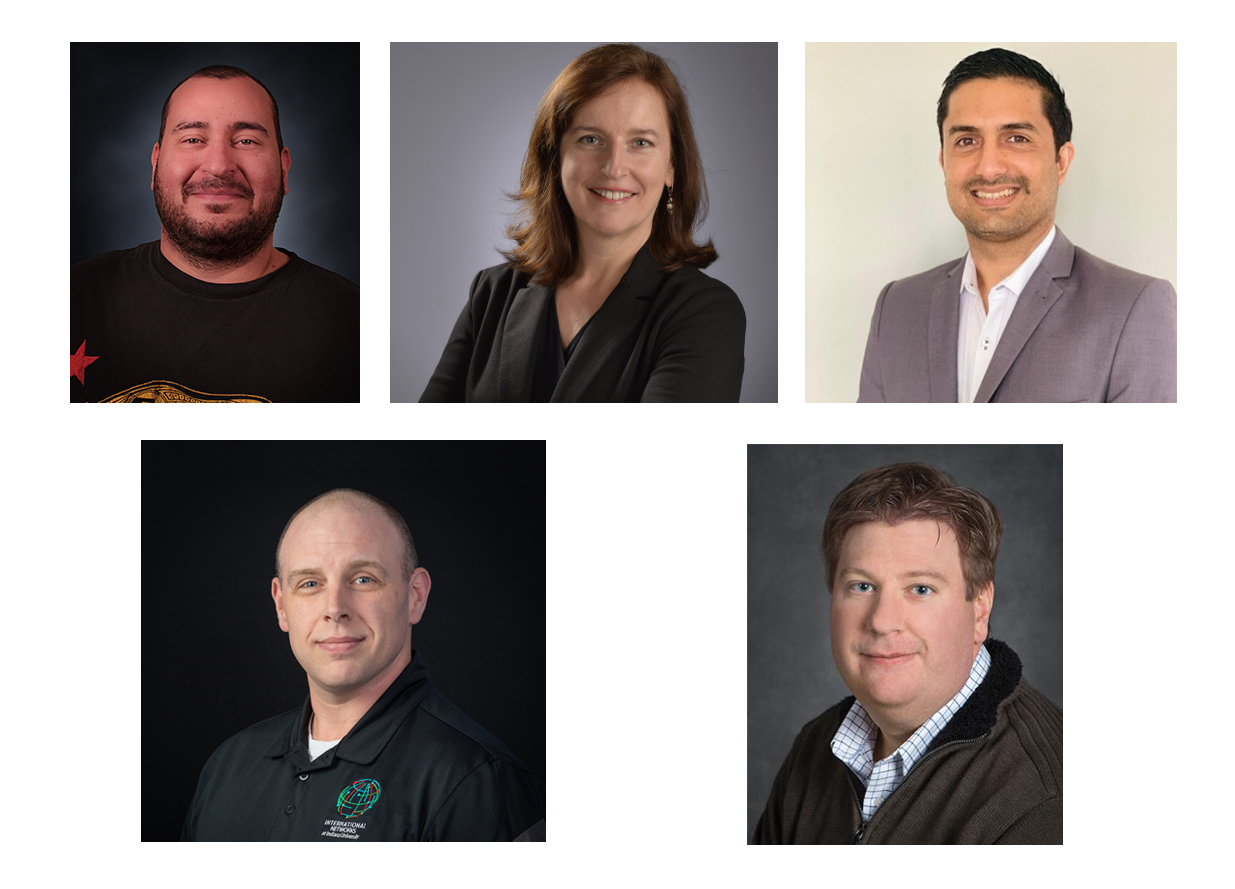AUSTIN, Texas - When Puerto Rico's famed Arecibo telescope collapsed in 2020, astronomers lost access to one of the world's most treasured pieces of equipment - but also, potentially, decades of priceless data holding still undiscovered secrets about the universe. Now, thanks to a data rescue plan led by the Texas Advanced Computing Center at The University of Texas at Austin, Arecibo's observations will be preserved for generations of future astronomers.
Millions of people have seen footage of the collapse in December 2020 of the famed Arecibo radio telescope. The 900-ton spidery-looking instrument platform snapped its gossamer-like suspension cables, which sent it crashing through the radio dish below and into the Puerto Rican countryside, destroying the giant telescope.
Astronomers worldwide keenly felt the loss of one of the world's premier telescopes whose past achievements include discovery of the first planet found outside of our solar system and the first-ever binary pulsar, a find that tested Albert Einstein's general theory of relativity and earned its discoverers a Nobel Prize in 1993.

Luckily, the data center for the Arecibo telescope was spared any long-term damage from the collapse. It stored the "golden copy" of data - the original tapes, hard drives and disk drives of sky scans since the 1960s. All in all, about three petabytes, or 3,000 terabytes, of telescope data needed to be rescued from the island before any other disaster might strike.
Within weeks of Arecibo's collapse, the Texas Advanced Computing Center (TACC) of UT Austin entered into a partnership with the University of Central Florida, the Engagement and Performance Operations Center (EPOC), the Arecibo Observatory, the Cyberinfrastructure Center of Excellence Pilot (CICoE Pilot), and Globus at the University of Chicago.
Together, they're moving the Arecibo radio telescope data to TACC's Ranch, a long-term data mass storage system. Plans include expanding access to more than 50 years of astronomy data from the Arecibo Observatory, which until 2016 had been the world's largest radio telescope.
"I am thrilled that UT Austin will become the home of the data repository for one of the most important telescopes of the past half-century," said Dan Jaffe, interim executive vice president and provost of The University of Texas at Austin.
"Arecibo made important contributions across many fields - studies of planets, setting the scale for the expansion of the universe, understanding the clouds from which stars form, to name a few. Preserving these data and making them available for further study will allow Arecibo's legacy to have an ongoing impact on my field," said Jaffe, who is an astronomer.

The data storage is part of the ongoing efforts at Arecibo Observatory to clean up debris from the telescope's 900-ton instrument platform and reopen remaining infrastructure. Arecibo's data includes information from thousands of observing sessions, equivalent to watching 120 years of HD video. The data were collected from Arecibo's 1,000 foot (305 meter) fixed spherical radio/radar telescope.
"The data is priceless," emphasized Julio Alvarado, big data program manager at Arecibo. Arecibo's data includes a variety of astronomical, atmospheric and planetary observations dating to the 1960s that can't be duplicated.
"While some of the data led to major discoveries over the years, there are reams of data that have yet to be analyzed and could very likely yield more discoveries. Arecibo's plan is to work with TACC to provide researchers access to the data and the tools necessary to easily retrieve data to continue the science mission at Arecibo," Alvarado said.
Arecibo, TACC, EPOC, CICoE Pilot and Globus will continue to work on building tools, processes and framework to support the continuous access and analysis of the data to the research community.
"The collaboration formed around and with Arecibo shows how NSF-funded projects can come together, amplify each other's efforts and have an impact on the international scientific community," said Ewa Deelman, research director at the University of Southern California Information Sciences Institute and principal investigator of the CICoE Pilot project.
The data will be stored at TACC temporarily, supporting Arecibo's goal of providing open access to the data. Arecibo will continue to work with the groups on the design and development of a permanent storage solution.






